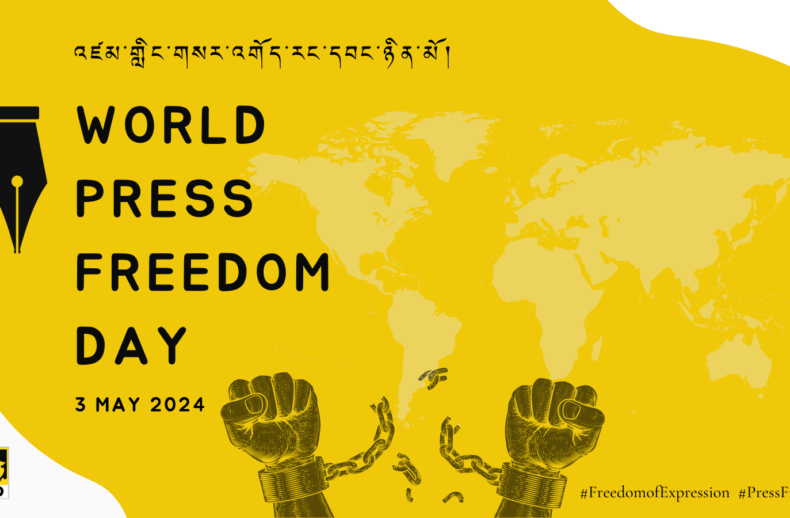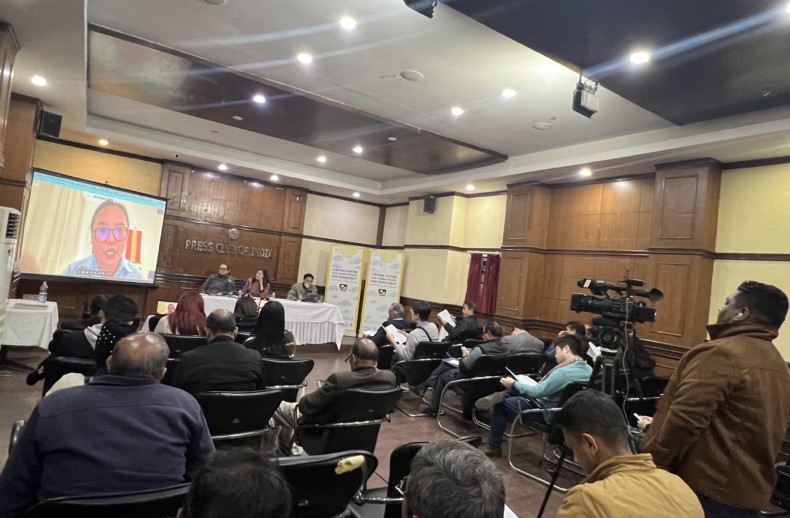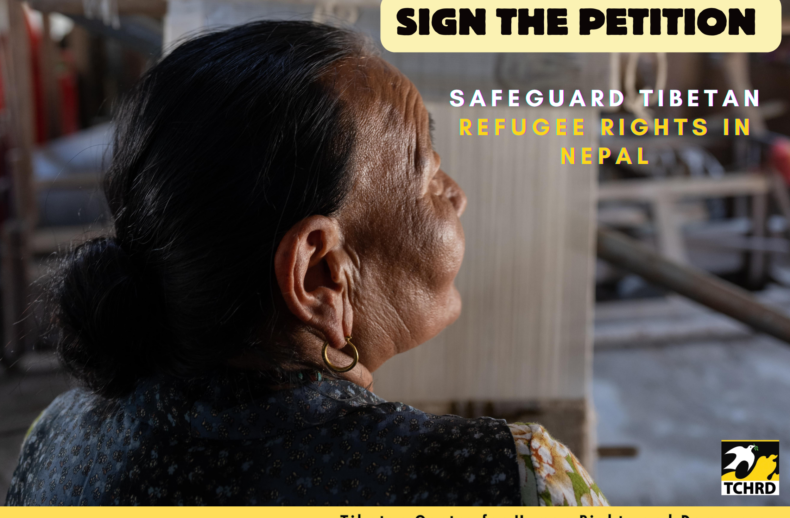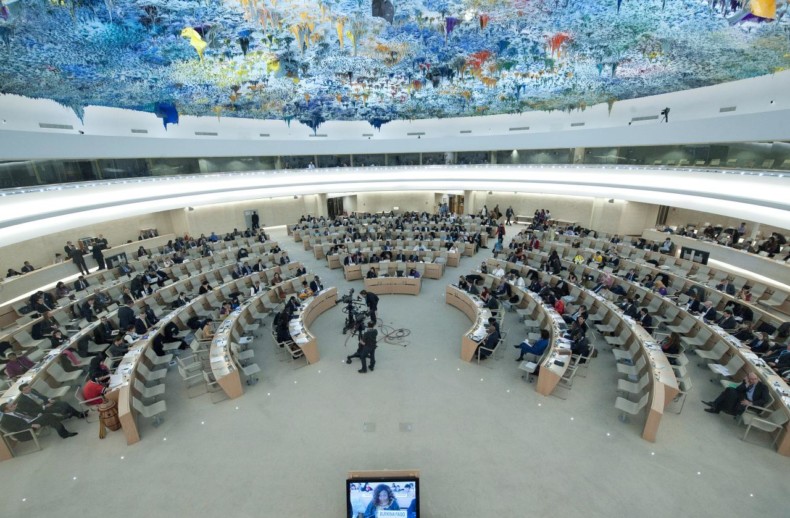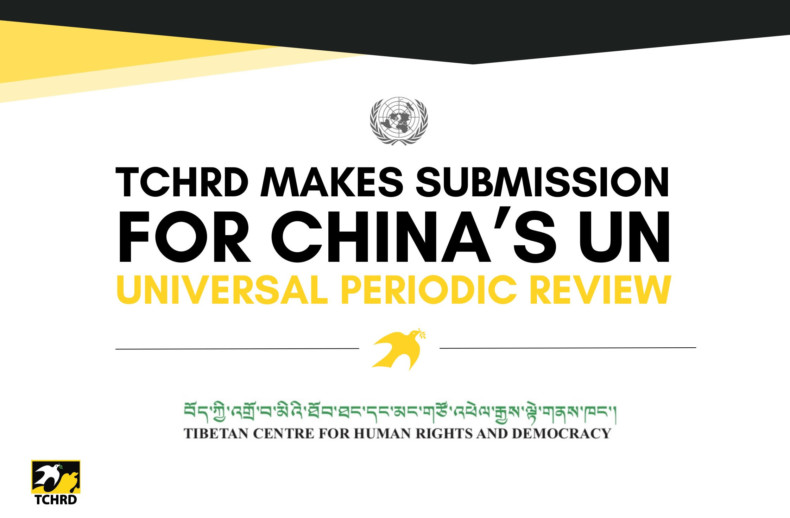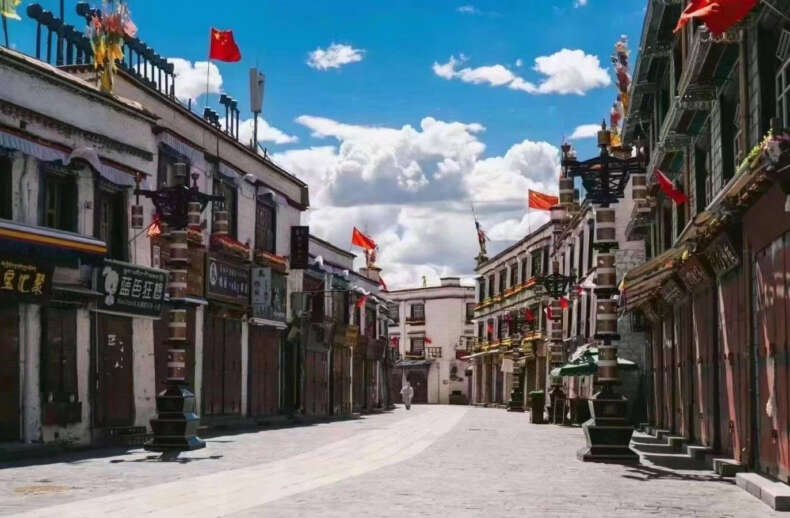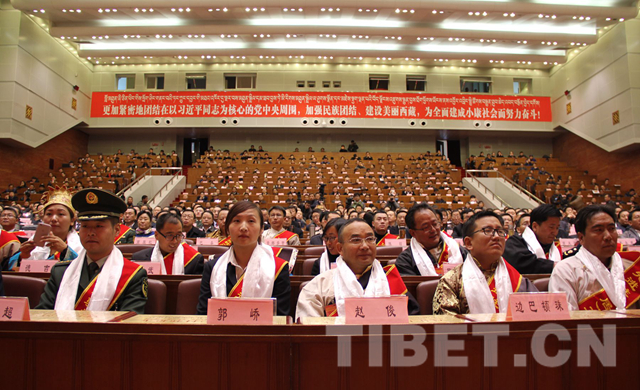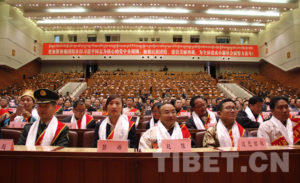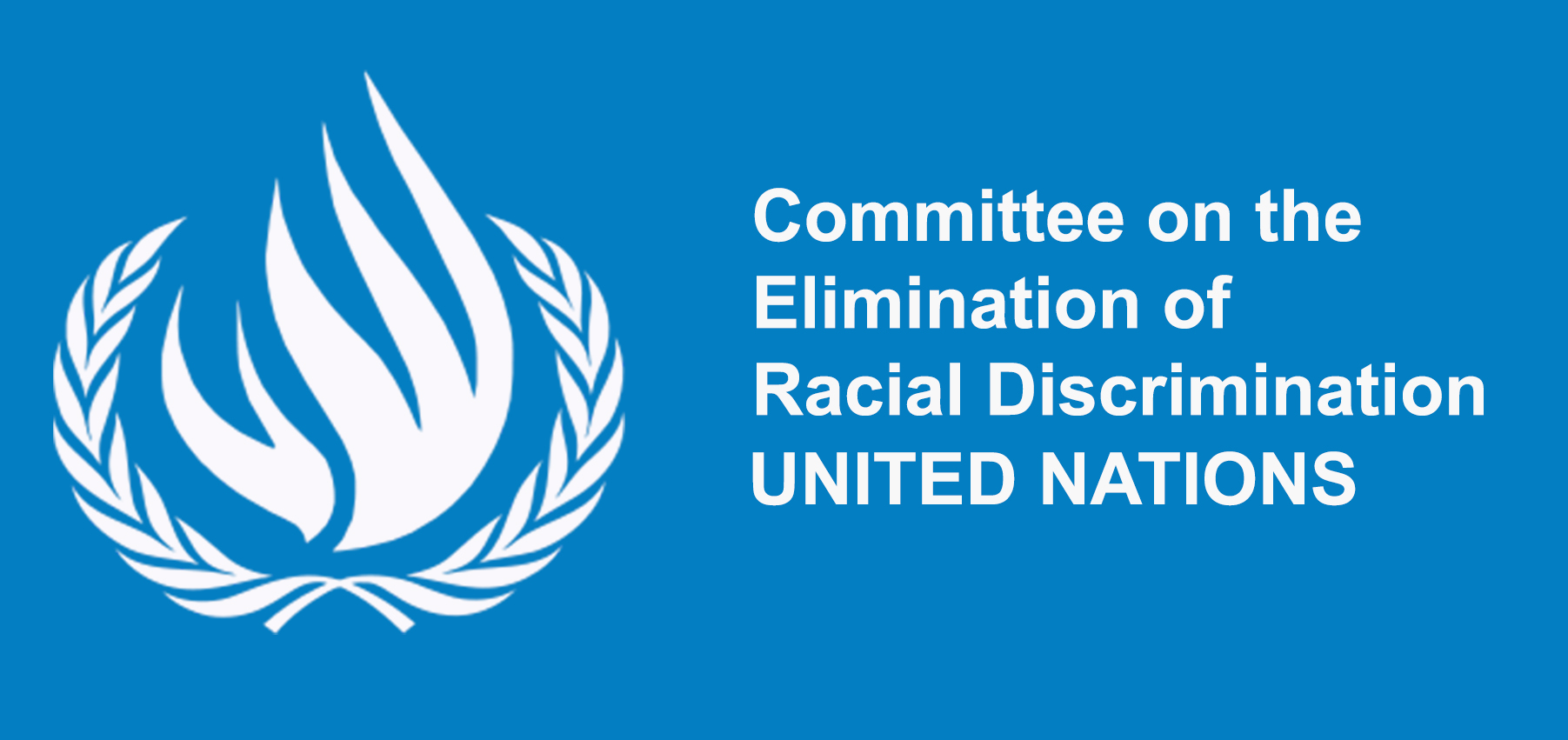On the 37th anniversary of the entry into force of the United Nations Convention Against Torture, the Tibetan Centre for Human Rights and Democracy, Tibetan Youth Congress, Students for Free Tibet and Tibetan Women’s Association solemnly commemorates and pays tribute to Tibetan human rights defenders, dissidents, and activists who have endured and continue to endure torture— the severest form of human rights abuse.


